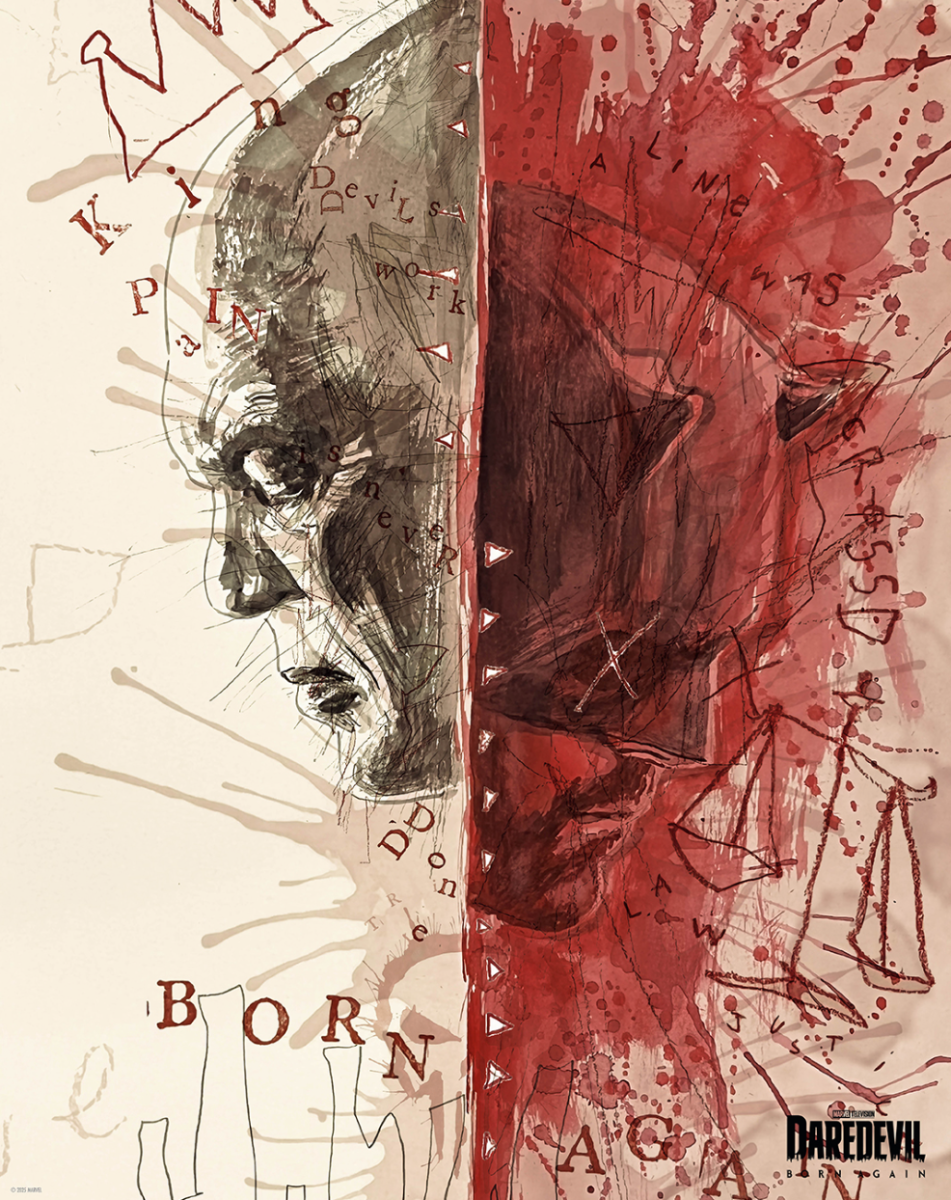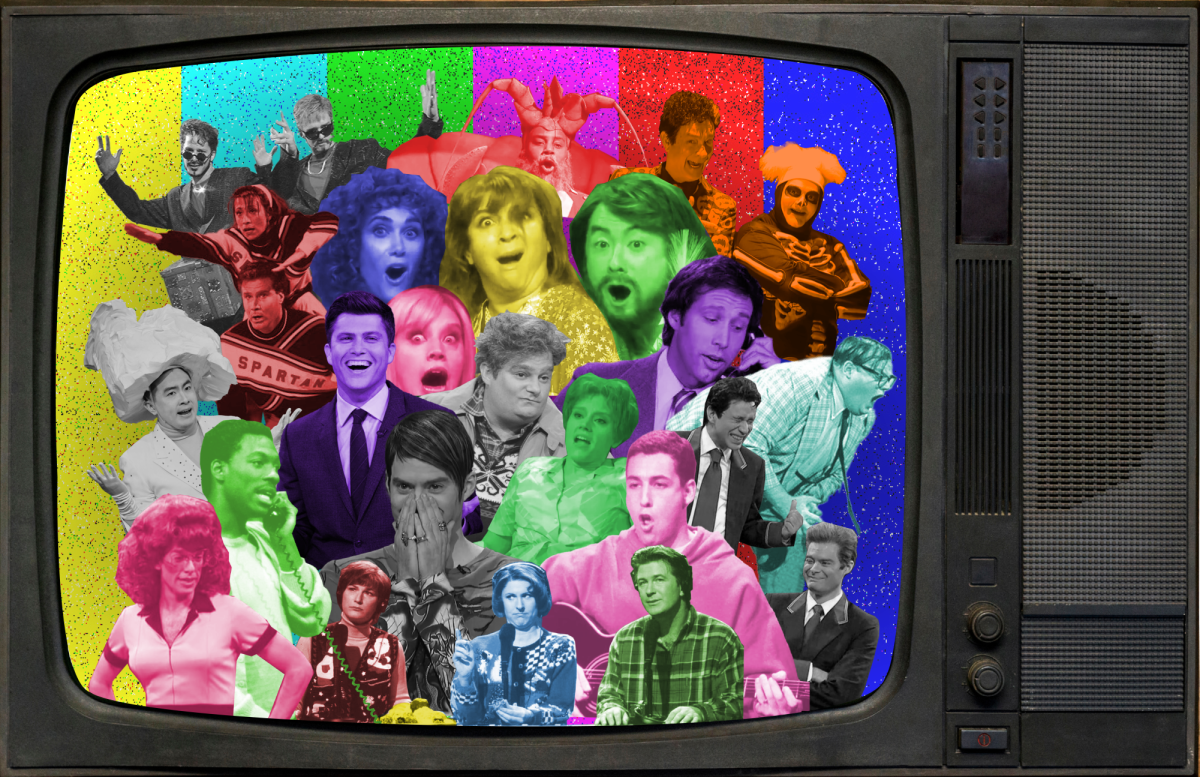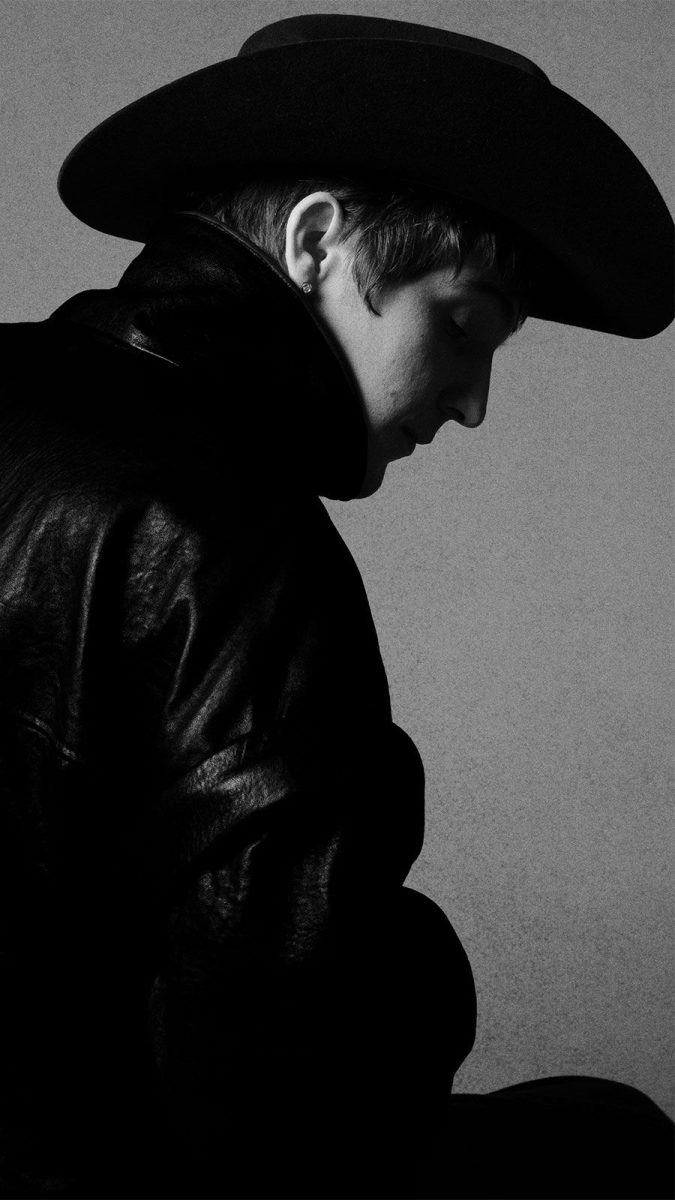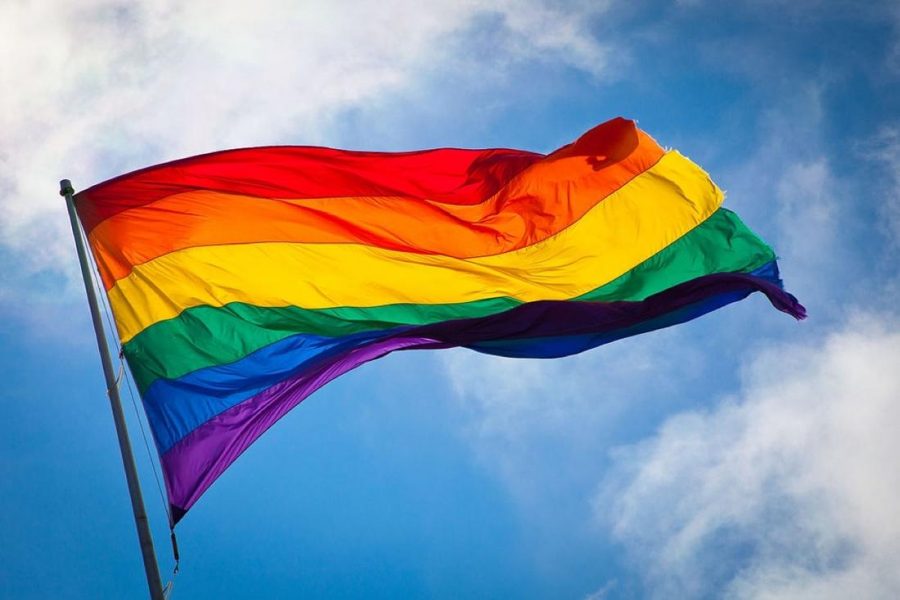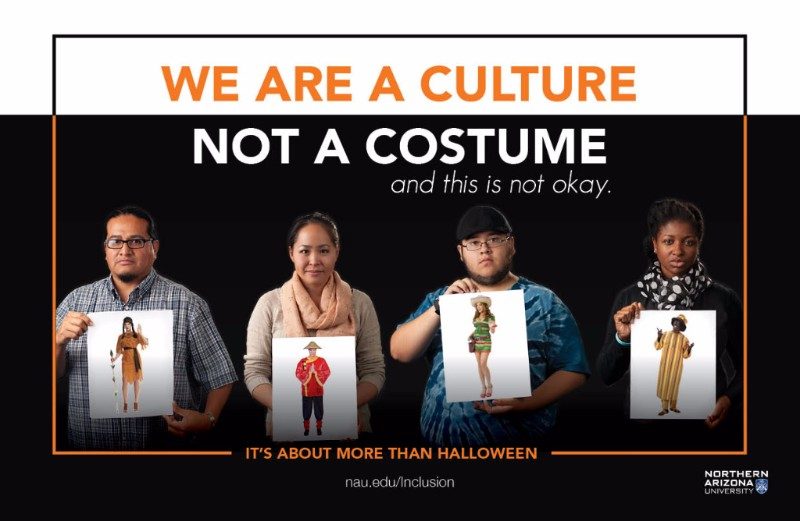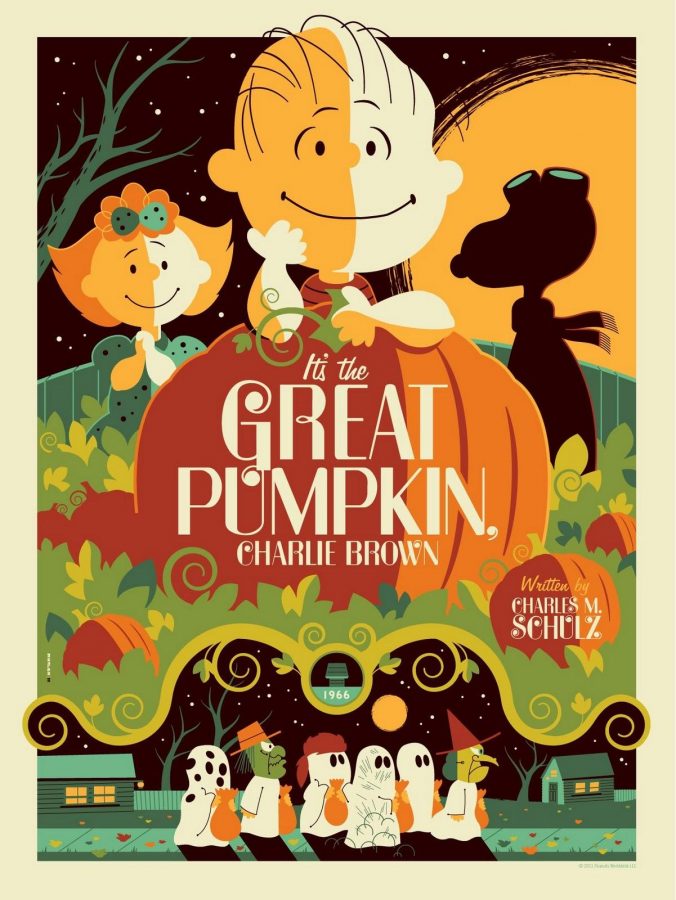By Kallie Gregg
Staff Writer

Before “Gamergate” or Colin Kaepernick taking a knee during the national anthem, a frenetic and high-stakes culture wars battle site was a tennis court in the Houston Astrodome.
When 29-year-old Billie Jean King (Emma Stone,) the top female tennis player in the world, took on Bobby Riggs (26 years her senior, a former world champion, and a self-proclaimed “chauvinist pig,” played by Steve Carrell,) there was much more to the event than game, set, match.
It is fitting then, that in directors Valerie Faris and Jonathan Dayton’s film, the eponymous “Battle of the Sexes” is arguably just as much about the famed tennis match between Riggs and King as it is between female athletes and the system of professional tennis itself.
Before King and Riggs face off, or even interact onscreen, the film’s first major conflict arises when tennis executive Jack Kramer (Bill Pullman) brazenly tells King and her publisher Gladys Heldman (Sarah Silverman) that he has no intention of offering equal prize money to male and female champions at an upcoming tournament. King, Heldman, and a handful of other athletes defect and form their own tour, doing much of the legwork themselves to ensure its success and profitability.
It is the success of the women’s tour which winds Riggs up. While King and her colleagues started the tour so they could make a living wage playing tennis, Riggs is incensed by their prize money—why should they be considered equal to their male counterparts, when he, in his fifties, could beat them?
This spurs Riggs to propose the match to King, who declines. However, her biggest competition, Australian Margaret Court, does not. Court loses to Riggs in what the media dubs “The Mother’s Day Massacre.” As King feared, the repercussions of a single match extend further into societal perceptions of female athletes, so she agrees to participate in a match against Riggs.
The film then segues into the stark contrast between their training regimens. While King runs drills, Riggs drinks, gambles, and invests in experimental vitamins.
Equally compelling as the leadup to the match is King’s burgeoning relationship with her hairdresser. Although ostensibly happily married, King’s attraction to a woman turns her personal life upside-down. The strong point of Stone’s performance is in the tender fragility of a new love, something real enough to shake up the expectations of her life and career.
Diametrically opposed to Stone’s nuanced portrayal of King as both a focused competitor and a woman discovering her sexuality, as Riggs, Steve Carrell fully leans in to the character’s antics. He crafts a buffoonish caricature of a man which at times feels almost unbelievable, rather than villainous. But that is part of the point—it is not only that King needed to prove her worth as an athlete against a man, or even that she needed to represent all women while doing so, it is that she had to do it while playing against someone so patently ridiculous. Her victory (no spoilers—the game took place in 1973) was a landmark for women’s equality, but from a 2017 perspective its necessity is almost frustrating.









